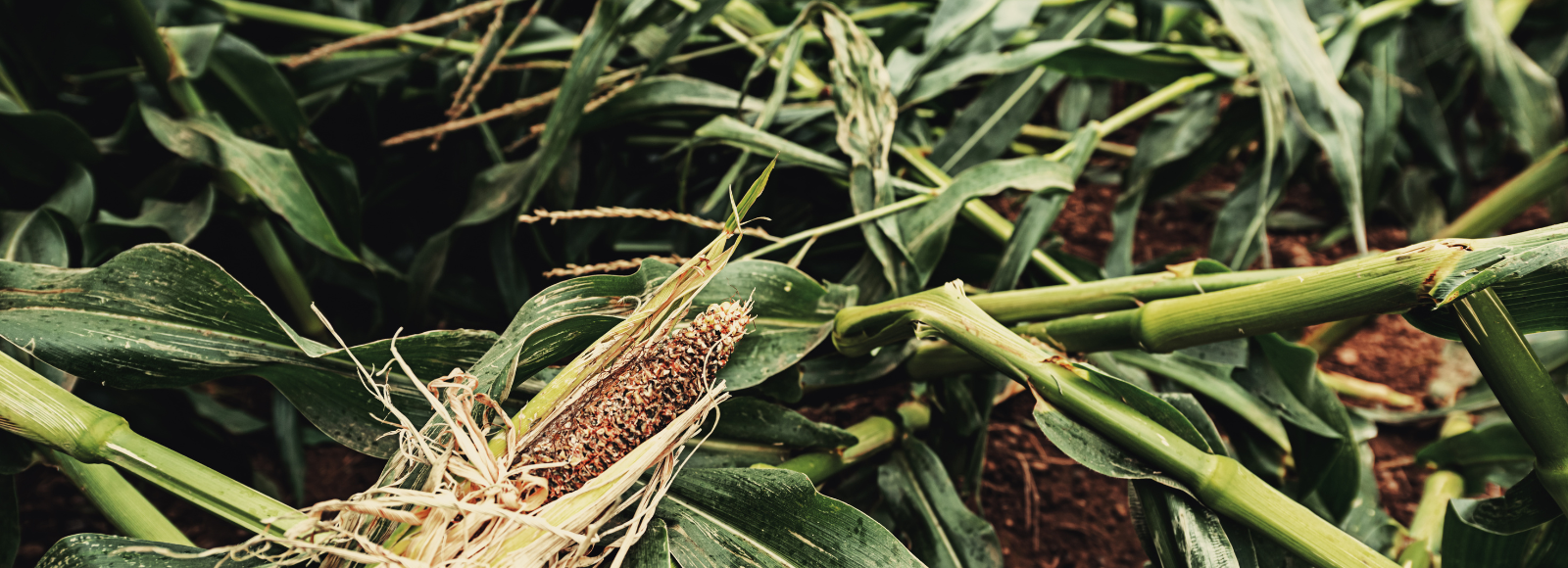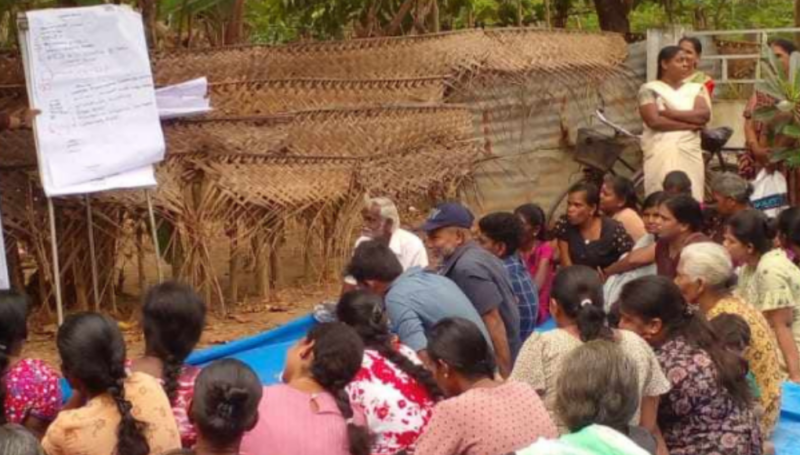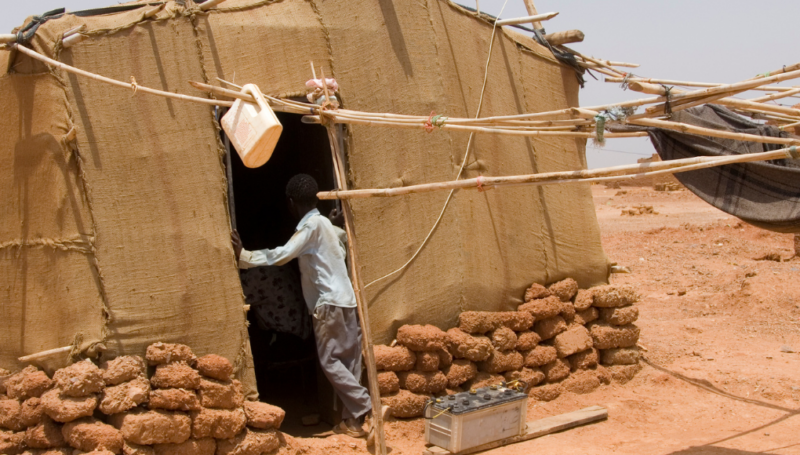Since 2010, IMPACT has been deploying a wide range of assessments that can be used to better understand loss and damage. From flood impact analysis (Derna Floods in 2023) to single hazard (South Sudan Drought) or multi-hazard exposure mapping (Moldova) and vulnerability analysis (Horn of Africa), IMPACT has tested in the field multiple assessment approaches that can inform efforts to avert, minimize and address loss and damage in countries affected by climate and conflict shocks. Capitalizing on our experience, IMPACT was invited to the 2024 UNDRR-hosted Bonn Technical Forum to better understand the loss and damage data ecosystem. In parallel, IMPACT also contributed to a publication by the Loss and Damage Collaboration ‘It’s Time for Solutions! Addressing Displacement and Other Human Mobility Challenges in the Context of Climate Change Loss and Damage’, focusing on the quantification and measuring of displacement-related loss and damage. Here are a few takeaways from these two exercises:
The Good News
- Displacement Data is Improving
Efforts by actors like IOM and IDMC to better collect and analyze displacement-related stock and flow data globally provide a sturdy base for understanding displacement at various levels (globally, nationally, and sub-nationally). As of 2024, the IOM displacement matrix is active in one hundred countries, and the Internal Displacement Monitoring Center (IDMC) provides predictable, up-to-date analysis on both conflict and disaster displacement across 151 countries. - Data Sources are Diversifying
In the context of ever-increasing data flows, new data sources are emerging that can be used to better understand displacement. Meta’s Data for Good or connectivity data from cell phone network providers represent interesting novel data sources that can be used to better track population movements in relation to climate shocks.
The Challenges
- Measuring Low-Visibility Events
While there is a wide range of tools and methods that exist to estimate loss and damage following large-scale visible disasters (related to intensive risks), such as post-disaster needs assessments (PDNA led by UNDP) or global rapid post-disaster damage estimation (GRADE by the World Bank), measuring loss and damage from smaller-scale recurring events (intensive risks) at scale is challenging given the limited visibility of such events. Ensuring these events are systematically and reliably monitored is critical to ensure a good enough understanding of loss and damage, as the cumulative impact of small-scale recurring events is often bigger than the impact of high-impact disasters. - Bridging the Data Divide and Understanding Impacts in the Last Mile
Communities at the forefront of climate change tend to rank lower in terms of the Human Development Index (a composite measure of life expectancy, education, and per capita income). Ensuring losses and damages are captured in these communities is critical to ensure we collectively have an accurate depiction of impacts to enable impactful programs.
Looking Ahead
Capitalizing on the experience from Desinventar, one of the reference disaster data information management systems rolled out since the mid-1990s, UNDRR is developing a system to improve tracking of hazardous events and disaster losses and damages. These efforts to homogenize disaster data will improve our collective understanding of loss and damage; however, any information system is only as good as its data inputs. Capacity building and bringing together both the vast wealth of knowledge available locally in conjunction with the impressive array of research tools available in 2024 (earth observation, big data, AI-assisted image segmentation), will truly enable us to get a holistic understanding of loss and damage.
IMPACT will continue supporting efforts to better understand loss and damage through its multiple assessment programs in countries affected by climate change as a member of the Santiago Network on Loss and Damage.
Categories: Organisation updates
Tags: AI-Assisted Analysis, Big Data, Climate Action, Climate Challenges, Climate Change, Climate Collaboration, climate resilience, Climate Shocks, Climate Solutions, COP29, Data for Good, Disaster Data, Disaster Risk Reduction, Displacement Data, Displacement Monitoring, Earth Observation, Global Climate Efforts, Human Development Index, Human Mobility, IMPACT Initiatives, Innovative Tools, Last-Mile Communities, Loss and Damage, Multi-Hazard Mapping, resilience-building, Santiago Network, Small-Scale Events, Sustainability, UNDRR, Vulnerability Analysis, Vulnerability Assessment









